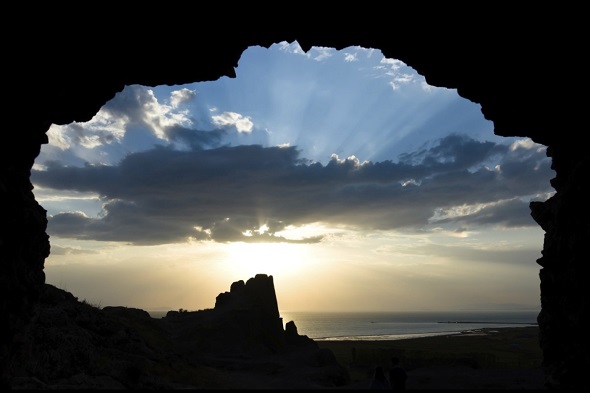
Three out of four Americans believe in the afterlife, and the largest study ever conducted to find out if they’re right made some tantalizing discoveries indicating that they might be. Taking that into consideration and adding the dramatic changes in people’s awareness of their own mortality, radical shifts in attitudes towards end-of-life care, and a newfound willingness to talk about these things, funeral home directors may find that they have a completely new way to market their services.
Reported in the medical journal Resuscitation, the study took four years and involved 2,060 people in three countries who had heart attacks while in the hospital, died, and were then resuscitated.
Perhaps its most remarkable discovery calls into question a long-held understanding that the brain, a small organ that voraciously sucks up one fifth of your energy, stops functioning about thirty seconds after the heart stops. It doesn’t. In fact, it may continue working for six minutes or more.
Less reliably measured but more culturally significant, the study also found that 40% of the patients experienced some sort of “awareness” while they were dead. Even better, they described a deep sense of peace and a golden light, giving statistically significant support to tales of near-death experiences going back thousands of years.
Knocking on Heaven’s Door
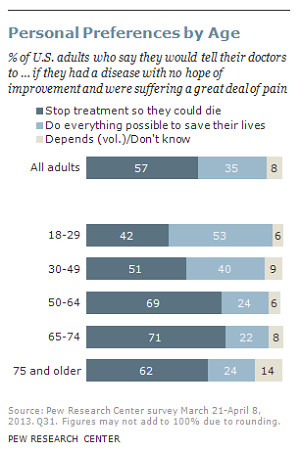 For some that might make thoughts about mortality a little less fearful, although most Americans have another solution to that problem: among those who believe in the afterlife, eighty percent think they are going to Heaven.
For some that might make thoughts about mortality a little less fearful, although most Americans have another solution to that problem: among those who believe in the afterlife, eighty percent think they are going to Heaven.
As we might expect, that basically matches the number of Americans overall who are satisfied with their personal lives – including people who are over 75, and this despite the fact that only 17% in that age group are satisfied with their financial situation.
The Pew study that gave us those figures also found that as American’s age, their attitudes towards end-of-life issues evolve. Most young people, not surprisingly, think they would want doctors to do everything possible to keep them alive, even if they were in “great deal of pain.” But by the time we’re in our fifties and sixties, 71% of us would prefer to “go to the light.”
Most significantly, however, our attitudes change again in our seventies. Significantly fewer of us would choose the light to escape the pain, and a lot more of us are unable to decide what to do, at least without knowing all the particulars of a given situation.
The prospect of death gets more complicated as we get older. The Pew study also found that older people make significantly different evaluations of what “quality of life” means.
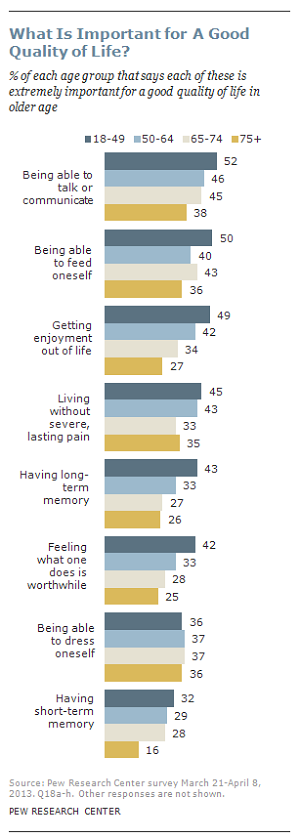 As you can see in the chart, the older people get, the less they need in order to have a good quality of life. Part of the reason may be that 83% of older people have thought about these issues carefully and have arrived at considered opinions – often based upon real-world experience.
As you can see in the chart, the older people get, the less they need in order to have a good quality of life. Part of the reason may be that 83% of older people have thought about these issues carefully and have arrived at considered opinions – often based upon real-world experience.
Today the youngest Baby Boomers are in their early fifties. They’re in the process of inheriting $11.6 trillion, which necessarily means they have had intimate experiences with their parent’s deaths.
In the recent past many demanded heroic life-extending treatments for their parents in the hopes that some miraculous cure would come along and restore them to health. But now that enough have witnessed what their loved ones endured in pursuit of that hope, the majority would agree with one MD who says that “At a certain stage of life, aggressive medical treatment can become sanctioned torture.”
Melting Pot in the Afterlife
According to the Pew study today a majority of Americans consider quality of life leading up to death more important.
But many lack any forum where they can learn about and discuss these issues because, on the one hand, religious institutions that give context to a person’s understanding of death no longer hold sway the way they used to.
On the other, the American melting pot applies to religious faith as well, with a growing number of Americans mixing together two or more faiths into their own spirituality.
One of the most public displays of this phenomenon was the memorial service for New York City police Officer Wenjian Liu, who was gunned down with a fellow officer by criminals claiming that they were retaliating for police shootings of unarmed black youths. The ceremony seamlessly combined all the traditional elements expected from the NYPD with traditions from Liu’s native China.
Funeral directors might consider embracing all of this change as a way to introduce themselves to pre-need clients, and the forum for doing that might be the national phenomenon called “Death Over Dinner.”
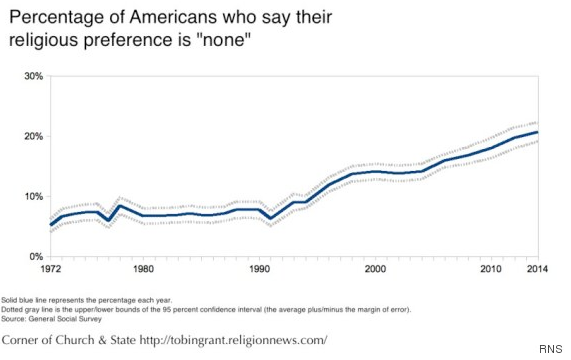
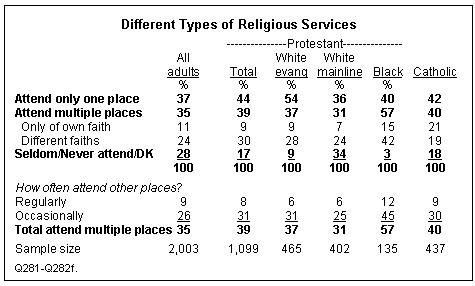
Attracting Pre-Need Clients
Started by University of Washington’s Department of Communication fellow Michael Hebb, early on it attracted big names like TEDMed and California’s spirituality teacher Ram Das, which helped it grow exponentially.
Hebb says that 75% of Americans want to die at home but only 25% do, so Death Over Dinner starts conversations designed to empower people to take control of the last years of their life well before they get there.
"We want to give people an interesting, exciting, maybe slightly sexy or attractive way to have this conversation," Hebb told the Huffington Post. "We often put forward this myth that we don't want to talk about death, but I think we just haven't gotten the right invitations."
Their website creates the invitation, based upon your answers to questions, and gives an outline of a casually structured event where all of these ideas are put on the table along with dinner.
Associating your business with this kind of openness may generate some local buzz and impress potential clients. If you’re there to answer their questions and if you offer the flexibility to handle their requests, you may increase the likelihood that they will do business with you.
Just one word of caution: while 80% of believers expect to go to Heaven, 2% of them readily acknowledge that they’re going to Hell.
It can be hard to tell who is who, so when you take a check from someone its best to make sure the revenue to you is guaranteed, even if the check is returned. Find out how here.



